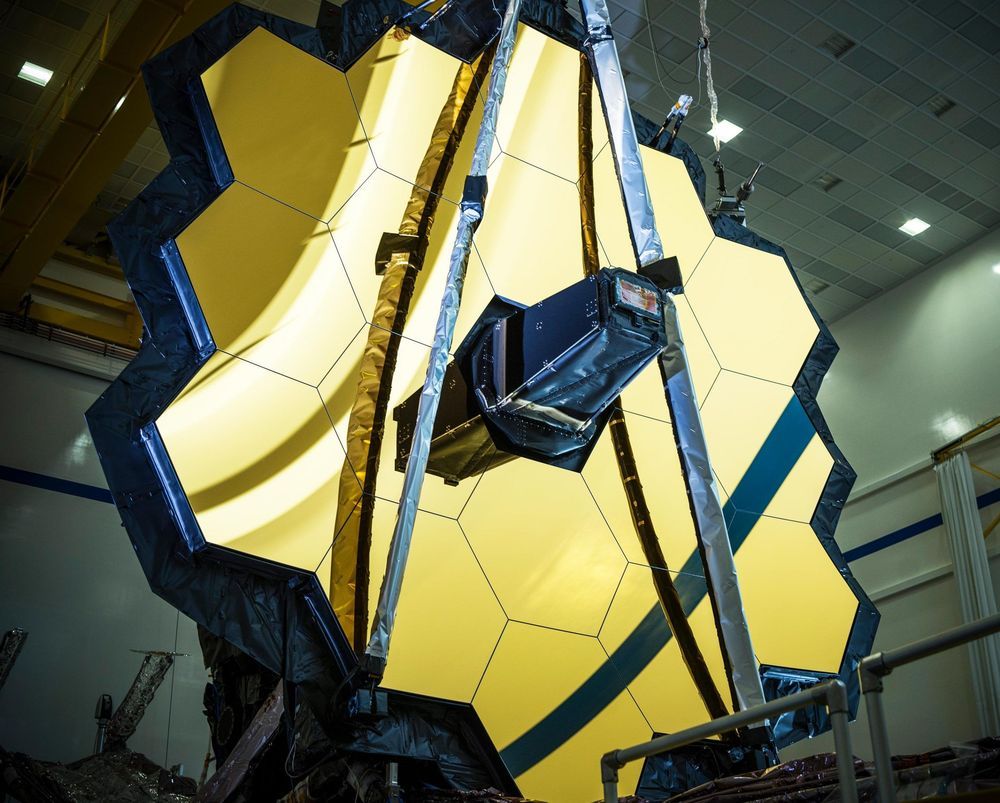An extract from Space 2.0 by Rod Pyle.
At the other extreme is the massive Dyson Sphere, theorized by physicist Freeman Dyson – a metallic globe large enough to hold a star at its centre and contain a human population at a sufficient distance from the star to comfortably support their survival. This is a highly theoretical idea and is more of a thought experiment than a workable design, at least with any foreseeable technology.
Concerns have been raised about what kinds of governments might take hold in space settlements, and what possible risks they might face from ever more powerful economic and military establishments back on Earth.
Today, we are on the eve of some truly inspiring prospects for early outposts in the final frontier, places that could become reality with the next two decades.






